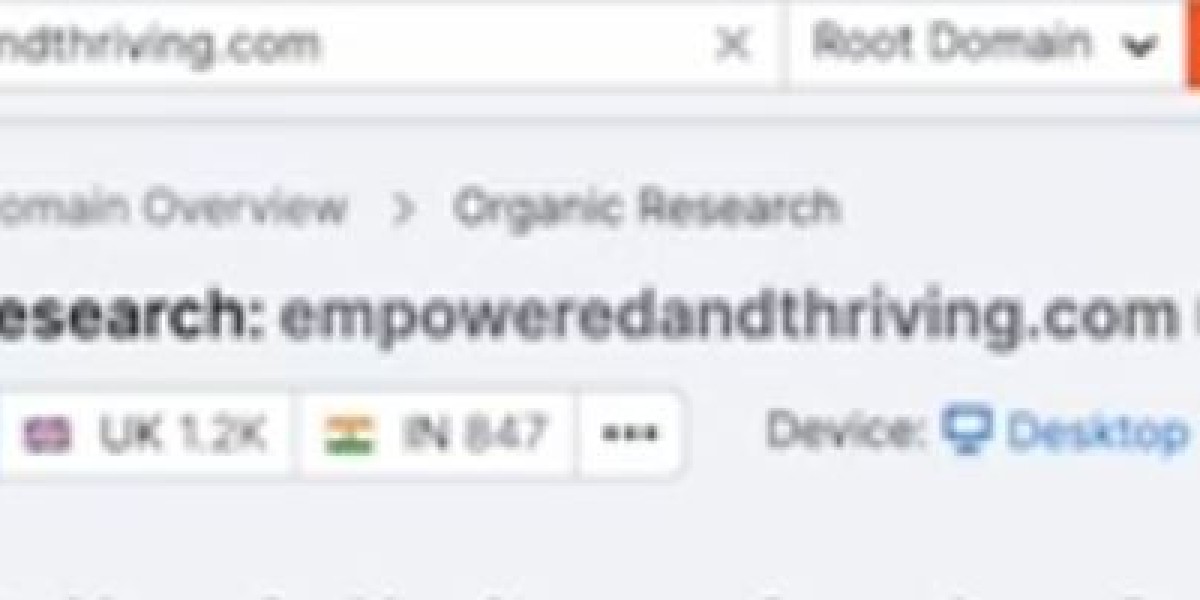In the world of SEO, the use of entities is revolutionizing how search engines understand and rank content. As the web grows more interconnected and search algorithms more sophisticated, finding and optimizing for entities has become crucial for ensuring your content reaches the right audience.
Understanding the Concept of SEO Entities
What Are SEO Entities?
Entities are distinct concepts or things that are recognized by search engines. These can be people, places, organizations, or even abstract concepts. Unlike traditional keywords, which rely on specific phrases, entities help search engines understand the broader context of the content.
Importance of Entities in SEO
Entities provide search engines with a more structured understanding of web content. By associating specific entities with your content, search engines can connect it with related topics, improving the likelihood of appearing in relevant searches. This relationship between entities and content boosts semantic search capabilities and increases content relevance.
Entities vs. Keywords: What’s the Difference?
While keywords focus on phrases people use to search, entities represent actual things or concepts. Keywords can be ambiguous, but entities, as interpreted by search engines, are clearer and more precise. For example, the keyword "Apple" could refer to the fruit or the company, but the entity "Apple Inc." distinctly identifies the tech company.
The Role of Entities in Search Engine Algorithms
How Search Engines Interpret Entities
Search engines use machine learning and natural language processing (NLP) to identify and interpret entities within content. Google, for instance, relies on its Knowledge Graph to connect and categorize entities across the web, providing users with more accurate results based on relationships between these entities.
Structured Data and Entity Recognition
Structured data markup (such as Schema.org) helps search engines identify and interpret entities within your content. By incorporating structured data, webmasters can explicitly define entities, making it easier for search engines to understand and link your content to relevant searches.
Semantic Search and Entities
The shift towards semantic search allows search engines to understand the intent behind a search query rather than just matching keywords. Entities play a crucial role in this by enabling search engines to draw connections between concepts, resulting in more accurate and meaningful search results.
Identifying Relevant Entities for Your SEO Strategy
Using Entity Research Tools
Several tools, like Google Knowledge Graph, SEMrush, and Ahrefs, can help you find relevant entities for your SEO strategy. These tools allow you to explore entities related to your target keywords and identify opportunities for optimizing your content.
Analyzing Competitors to Find Entities
By analyzing your competitors' content, you can uncover the entities they are optimizing for and leverage this information to enhance your own SEO efforts. Use tools like BuzzSumo and Moz to identify the top-ranking content and its associated entities.
Leveraging User Intent to Discover Entities
Understanding user intent is key to identifying the right entities. By focusing on the needs and desires of your audience, you can align your content with the entities that are most relevant to them, improving the chances of ranking for the right queries.
Incorporating Entities into Content Creation
Optimizing On-Page Content with Entities
Once you've identified the relevant entities, it's important to incorporate them naturally into your content. This means using the entity within the context of sentences, ensuring it fits smoothly with your overall content structure.
Creating Entity-Based Content Clusters
To further boost your SEO efforts, consider creating content clusters around specific entities. A content cluster consists of a main topic (pillar content) and several related articles (cluster content) that all revolve around the same entity. This helps search engines understand the depth of your coverage on a particular entity.
Internal Linking and Entity Relationships
Internal linking is another powerful way to highlight entities within your content. By linking related pages within your site, you create a network of interconnected content that signals to search engines the relationships between different entities.
Measuring the Impact of Entities on SEO
Tracking Entity-Based Rankings
To measure the success of your entity-based SEO strategy, it's important to track how well your content is ranking for related entities. Tools like Google Search Console and SEMrush can help you monitor these rankings over time.
Entity Relevance and Search Visibility
Not all entities are created equal. Ensure that the entities you're optimizing for are relevant to your target audience. The more relevant your entities are, the more likely your content is to appear in searches related to those entities, improving your overall search visibility.
Adapting to Algorithm Updates Based on Entities
As search engines continue to evolve, their ability to recognize and prioritize entities will also change. Stay up to date with algorithm updates to ensure your SEO strategy remains effective, particularly as AI and NLP technologies continue to influence search engine behavior.



